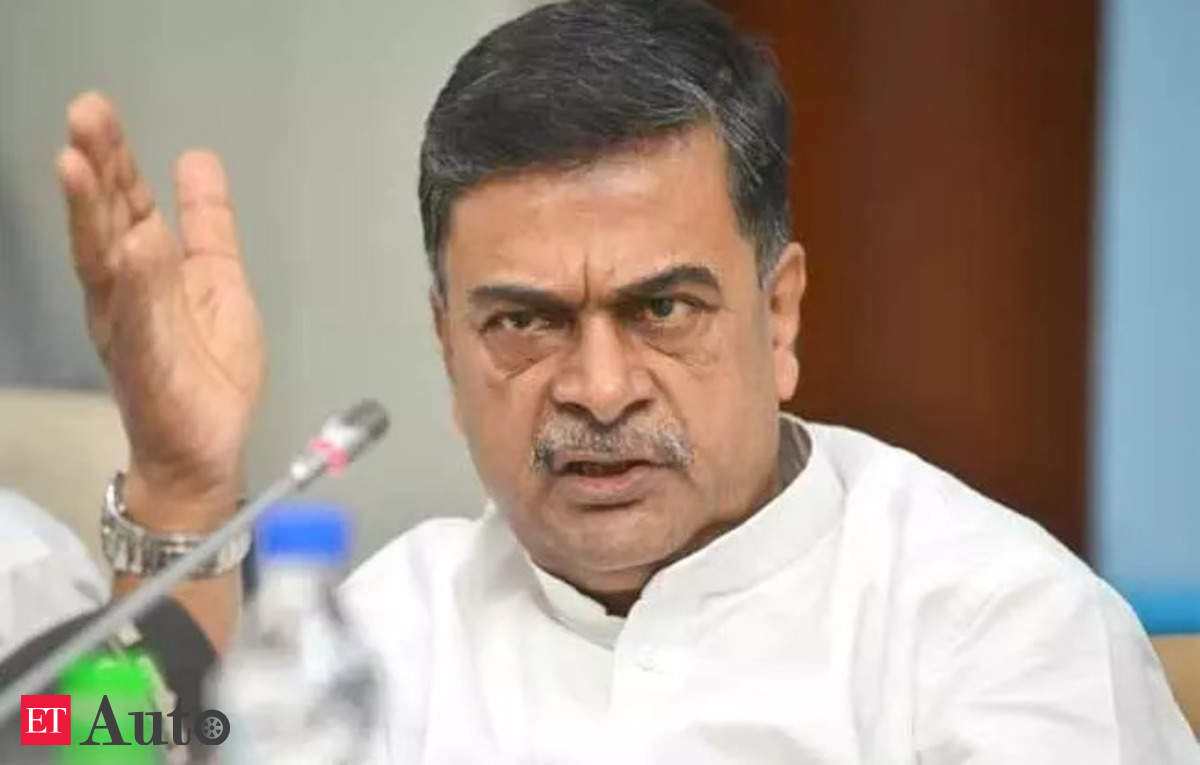
New Delhi: To give further boost to the electric vehicle (EV) adoption in the country, the government is contemplating to introduce another production-linked incentive (PLI) scheme for batteries, Union Minister of Power, New & Renewable Energy, R K Singh said on Monday.
“We are coming out with another production-linked incentive (PLI) to increase the volumes of storage. This will also bring down the cost of batteries,” he said at the launch of OMI Foundations’ EV-Ready India Dashboard.
In May 2021, the central government had approved the PLI scheme for manufacturing advanced chemistry cell (ACC) batteries at an estimated outlay of INR 18,100 crore, with the primary objective of attracting foreign and domestic investment of INR 45,000 crore.
ACCs are the new generation of advanced storage technologies that can store electric energy either as electrochemical or as chemical energy and convert it back to electric energy as and when required.
With India’s commitment towards renewable energy and achieving net-zero by 2070, energy storage is expected to play a crucial role in the overall energy ecosystem.
According to a recent CII report on ‘Raw materials for Battery & Component Manufacturing’, the advanced chemistry cell (ACC) battery market demand in India is expected to grow at a CAGR of 50% from 20 GWh in 2022 to around 220 GWh by 2030. The growth is expected to be supported by the thriving local battery manufacturing industry and a robust local supply chain.
Under the PLI-ACC scheme, a total of 50 GWh ACC manufacturing capacity had been allocated to four successful bidders in March 2022 through the request for proposal (RFP) and competitive bidding process. However, one of the previously awarded bidders had been disqualified due to non-compliance with the stipulated terms and conditions of the RFP and bid documentation.
The other three beneficiaries are Ola Cell Technologies Pvt. Ltd, ACC Energy Storage Pvt Ltd, and Reliance New Energy Battery Storage Ltd. With a target to achieve 50GWh production by 2030, this disqualification left 20 GWh of ACC manufacturing capacity available and unclaimed.
“Out of the government’s target of 50 GWh, 30 GWh has already been given and by next month, the remaining 20 GW will also come out,” Dr. Hanif Qureshi, Joint Secretary of Ministry of Heavy Industries, said at the ET Smart Factory Summit 2023 in September.
The Union government earlier said commercial production under the scheme is likely to commence in phases, from the current financial year.
About the EV adoption in the country, Union Minister RK Singh said, “Switching to electric mobility is of absolute importance for us. Our primary reason to push towards EV is that we cannot be energy -dependent.”
He pointed towards limited battery manufacturing capacity in the world and termed it as a reason for high prices.
According to him, EV adoption in India faces two major challenges – high cost and range anxiety.
He noted that India is lucky to have “some lithium reserves in Jammu”, however suggested the need to shift away from lithium to other battery chemistries including sodium.
“Supply chain issues are strategic issues. Having alternative chemistry will help in security of the supply chain (of storage).”
At the recently concluded SIAM Annual Convention, Kamran Rizvi, Secretary, Ministry of Heavy Industries, talked about the role of Government support in the form of subsidies under the FAME scheme. He said that while some countries, like China, and the UK, are withdrawing or reducing EV subsidies, India is continuing to spend more money to support the EV industry. However, the industry was also encouraged to collectively advance with a subsidy-free business model.
The Government is also promoting the adoption of Hydrogen technologies as part of its push for clean mobility.









